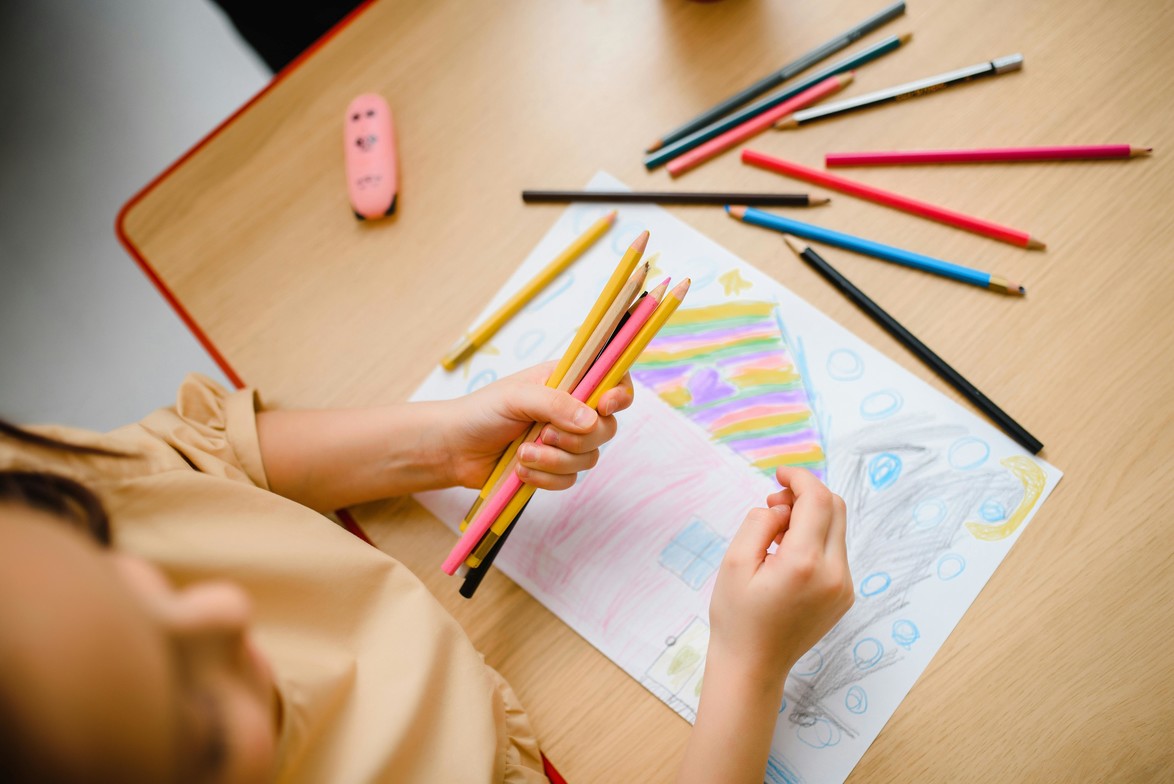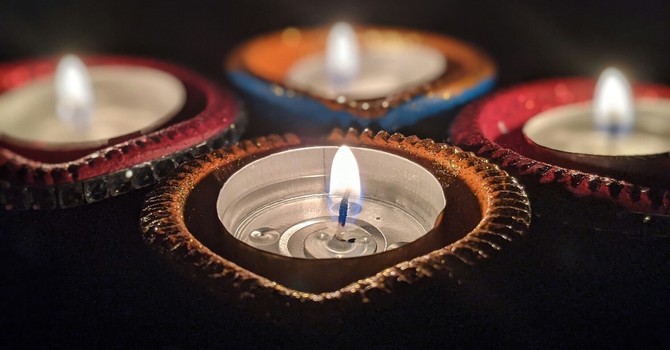
What is art therapy?
Art therapy (or art psychotherapy) is a mental health profession that combines the creative process and psychotherapy. Art therapy involvies incorporating art materials and artmaking (and sometimes other creative means) to help individuals of all ages express, explore and work through their feelings, thoughts, and experiences.
What is an Art therapist?
Art therapists are mental health professionals who through graduate-level education have been trained in both psychological theory and in the use of art to help support, maintain and/or improve the overall wellbeing of individuals. If you are considering art therapy, ensure that your therapist is properly trained and qualified by inquiring where they received their art therapy training or by checking to see if they are a member of a Professional Art Therapy Association such as the Canadian Art Therapy Association (CATA) or Ontario Art Therapy Association (OATA).
What is the intent of art therapy?
Art therapy provides an alternate means of communication, allowing you the opportunity to express thoughts and feelings that may be difficult to articulate through words alone. Engaging in the creative process, can help you gain insight into your emotions and explore unresolved issues in a safe and non-threatening way. It can also have a cathartic effect as strong emotions are safely released via the art materials.
How does art therapy work?
During art therapy, you will be invited to engage with art media that can include drawing, painting, sculpting, textile work, crafting, imagery, or collage. It can even include doodling, scribbling or writing. Your therapist might suggest an idea or theme or you may have your own idea or theme. Or your therapist may invite you to create art freely and see what spontaneously emerges from your subconscious. During art therapy, the focus is on the process of art making including any thoughts, feelings or verbal expressions that emerge while you’re working on your art. It often also involves the story you may share about your art.
How does art therapy help?
Unlike traditional talk therapy, art therapy provides an alternative approach to mental health treatment by incorporating the creative process into the healing journey. While traditional therapy relies on verbal communication between the client and therapist, art therapy offers a unique avenue for self-expression and exploration through artmaking. Sometimes it can be hard to clearly articulate thoughts and feelings but art can be abstract and random. Some people find it hard to talk about themselves, but are okay with talking about their artwork. For some, art making can promote mood shifts. For some, it's a relaxing process that can help reduces stress and anxiety.
What is the role of the art therapist?
The role of the art therapist is to be a witness and guide and to support any thoughts, feelings or responses that emerge as you engage with the art materials and create your art. The art therapist will facilitate self-examination and self-reflection to help you understand the meaning and impact of your artwork, to facilitate self-discovery and personal growth.
Who is art therapy for?
Like other forms of psychotherapy, art therapy is for anyone of any age who may need help coping with difficult thoughts, feelings, emotions and/or responses and is open to using art media as part of their healing journey. It can be particularly beneficial for individuals who may struggle with verbal expression, are reserved, have difficulty trusting people or find it challenging to articulate their emotions.
What if I’m not good at art?
Experience or skill in art is not required to benefit from art therapy. All that's needed is an interest and willingness to incorporate art into your psychotherapy sessions. Stick people are okay. Scribbles are okay. Art therapy is about using creative means to help with self-expression, exploration and healing so even if you are not experienced or skilled in art, you can still benefit from art therapy. It's not about how your art looks. It's about the the thoughts, feeling and insights that emerge during the process of art making.
In conclusion
Art therapy is a form of therapy that makes use of the healing properties of artistic expression. By engaging in the creative process, individuals can gain valuable insights, process complex emotions, and embark on a journey of self-discovery and healing.
Interested in trying art therapy? Request a FREE 15-minute consult so I can learn more about your needs and I can tell you more about art therapy.
Related: Understanding the Benefits of Art Therapy for Mental Health





